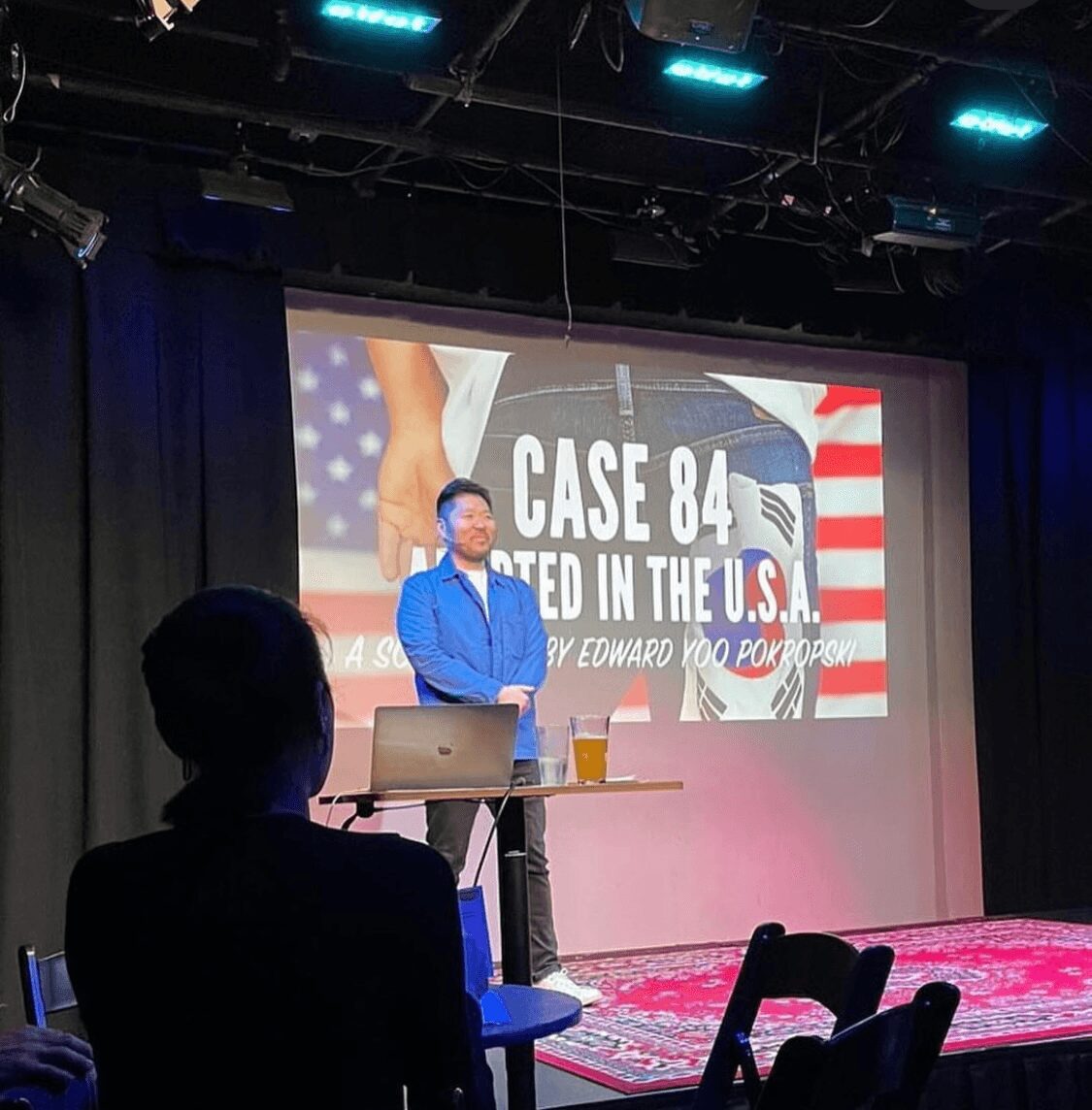We recently connected with Edward Pokropski and have shared our conversation below.
Alright, Edward thanks for taking the time to share your stories and insights with us today. Are you happy as a creative professional? Do you sometimes wonder what it would be like to work for someone else?
I found the wording of this question especially interesting. How do we define what a regular job is? I think we first have to redefine our understanding about what it means to be creative. So many jobs, or careers require creativity. Creativity is not always unstructured creative expression.
I worked in a catering hall all through high school and college to make some extra money and help with school costs. You may call this a “regular job” but I found ways to be creative.
At the catering hall, my friends and I would come up with new drinks with what we had in the walk in fridge. We’d challenge each other to versions of Iron Chef and Chopped with the odds and ends from the menu that evening.
Now I work for a large media company and I get to edit videos and write voice over copy and direct shoots from time to time but there are still some days where I have to make a deck, or present a report or submit a music cue or answer endless emails.
All this to say, there’s creative aspects to any job and there’s mundane aspects to any creative job.
As a performer, I still have to think about tech considerations, marketing ideas, sentence structure, and the finances of booking a theater and selling tickets.
I can offer this advice, if you want to make money, do not get into the creative field.
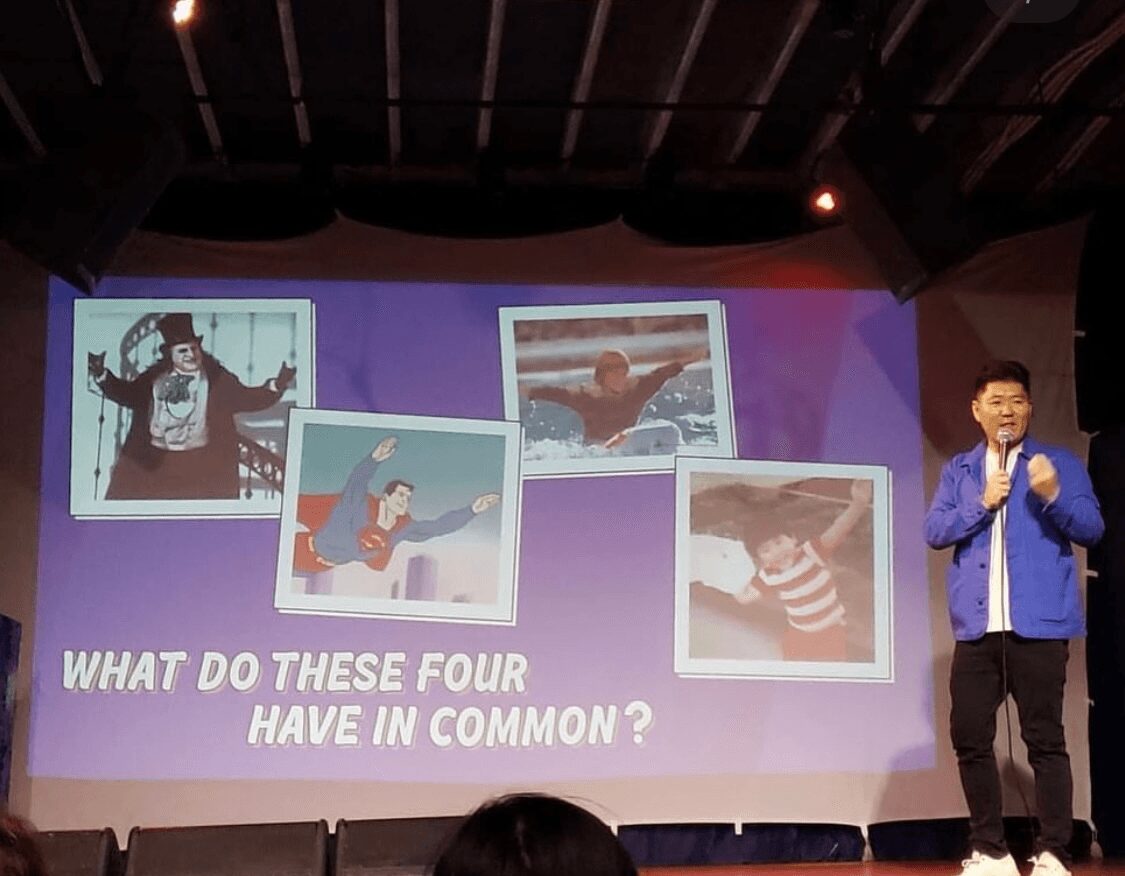
Awesome – so before we get into the rest of our questions, can you briefly introduce yourself to our readers.
I first studied Corporate Communications in college. While interning at a health insurance company, I met a web designer who had a background in film and tv at one point. We connected over movies and when I got back to school I started taking some film and tv courses as electives. I loved it so much that I switched majors. At the time, it felt really risky but looking back I think it was something that would have eventually happened. My next intern cycle I worked for a small production house in Philly. When I graduated I started working as production assistant and a freelance videographer. I eventually landed a full time position at a small Kids TV network.
This is the job that lead me to all of my other creative work and endeavors to this day. I learned how to work under deadlines and with guidelines. I learned how to work in live tv. I learned how to perform. I learned how to fail. I learned how to learn from failing.
This job eventually took me to New York City where I first started exploring stand up. Working live, failing and learning are all embedded into comedy. Being prepared but also being ready to pivot is also deeply routed in the process.
I’m most proud of starting my own one person show called Case 84: Adopted in the U.S.A.. It is a storytelling comedy show about my experiences as a Korean American adoptee growing up in America. You’d be surprised how much experience and time you need to learn how to share your own story effectively.
I learned you really need to know yourself to eventually provide something of value to your audience. You need to make things relatable while also not watering things down too much. People want to understand and they want specifics.
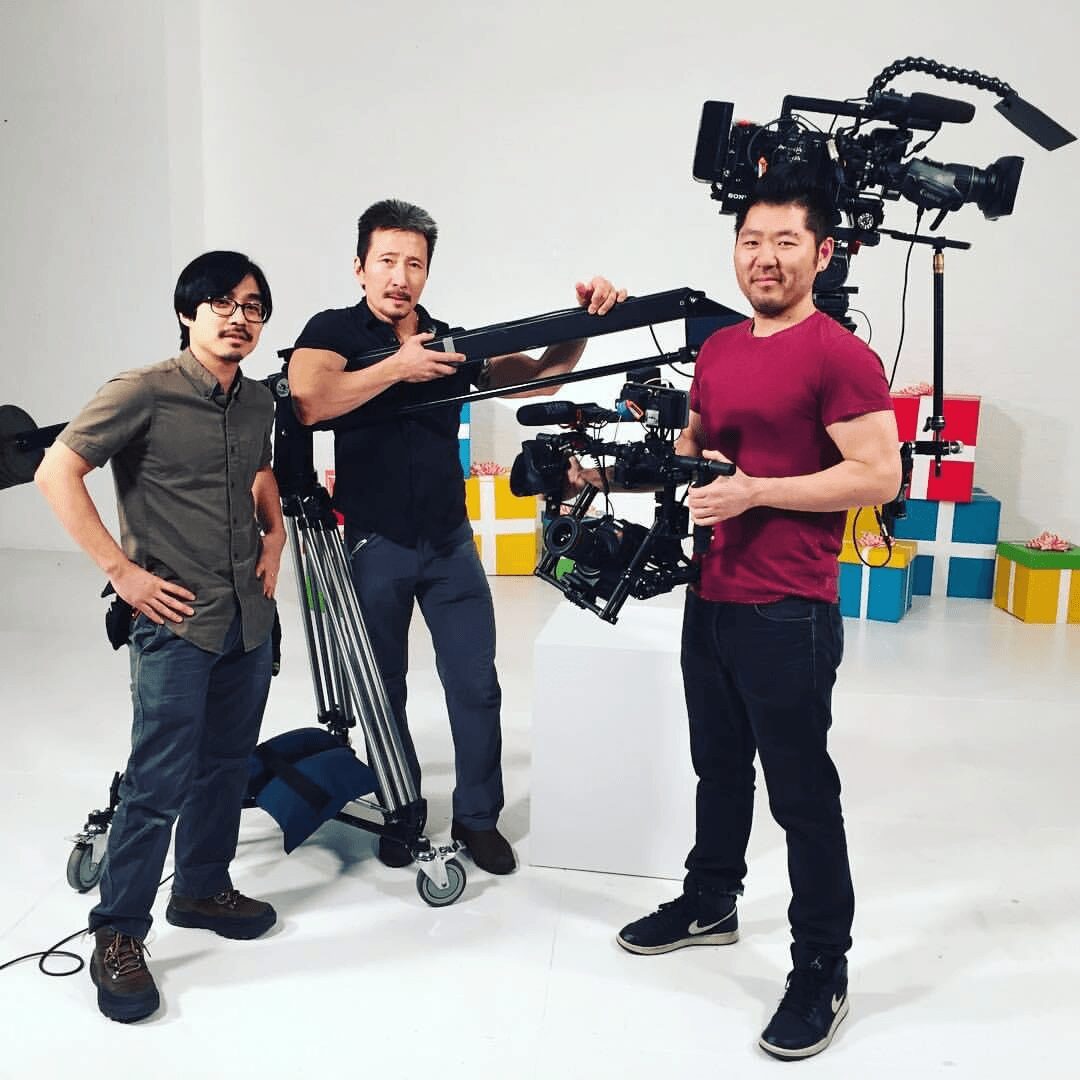
We’d love to hear a story of resilience from your journey.
Once when I was a production assistant I was working on a reality dating show. We went film something in one of the homes and one of the crew asked me to grab a piece of equipment from the production van. In the process of doing so I accidentally locked the keys in the van. I panicked but then went to the crew member I knew the best and told him. He was cool, kept it discreet and smoothly asked the owner of the home for a hangar for wardrobe. He used the wire hanger to pop the lock and get us in the van.
I wish I could say that was the end of the story.
Later towards the end of the shoot, I was asked to run the van back to the production house and drop off one camera to then pick up another. I had to double park on one of the busiest streets in Philly during rush hour. I left the van running and helped load the camera into the van. In that process I yet again managed to lock the keys in the van.
The camera guy laughed and said he’d go back up and check if there were spare keys upstairs. He ran up and while I waited with the van, a cop pulled up behind me. He told me I had to move the van or it would get towed.
After what felt like an eternity, the camera guy came down with the spare keys and I managed to drive off before the van got towed.
I got back to the shoot and word had already made it to the crew that I managed to lock the keys in the van twice in one day. This illustrates my resiliency because I continued to work in film and tv.
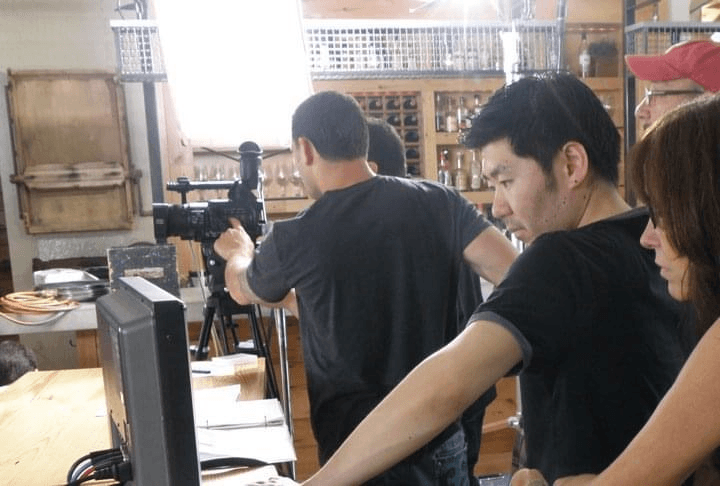
What can society do to ensure an environment that’s helpful to artists and creatives?
This is the easiest question to answer:
Give them money…
or a close second, support their work, which in turn, gives them money.
Contact Info:
- Website: https://linktr.ee/epopski
- Instagram: @epopski
- Linkedin: https://www.linkedin.com/in/edward-yoo-pokropski-b9a95583/
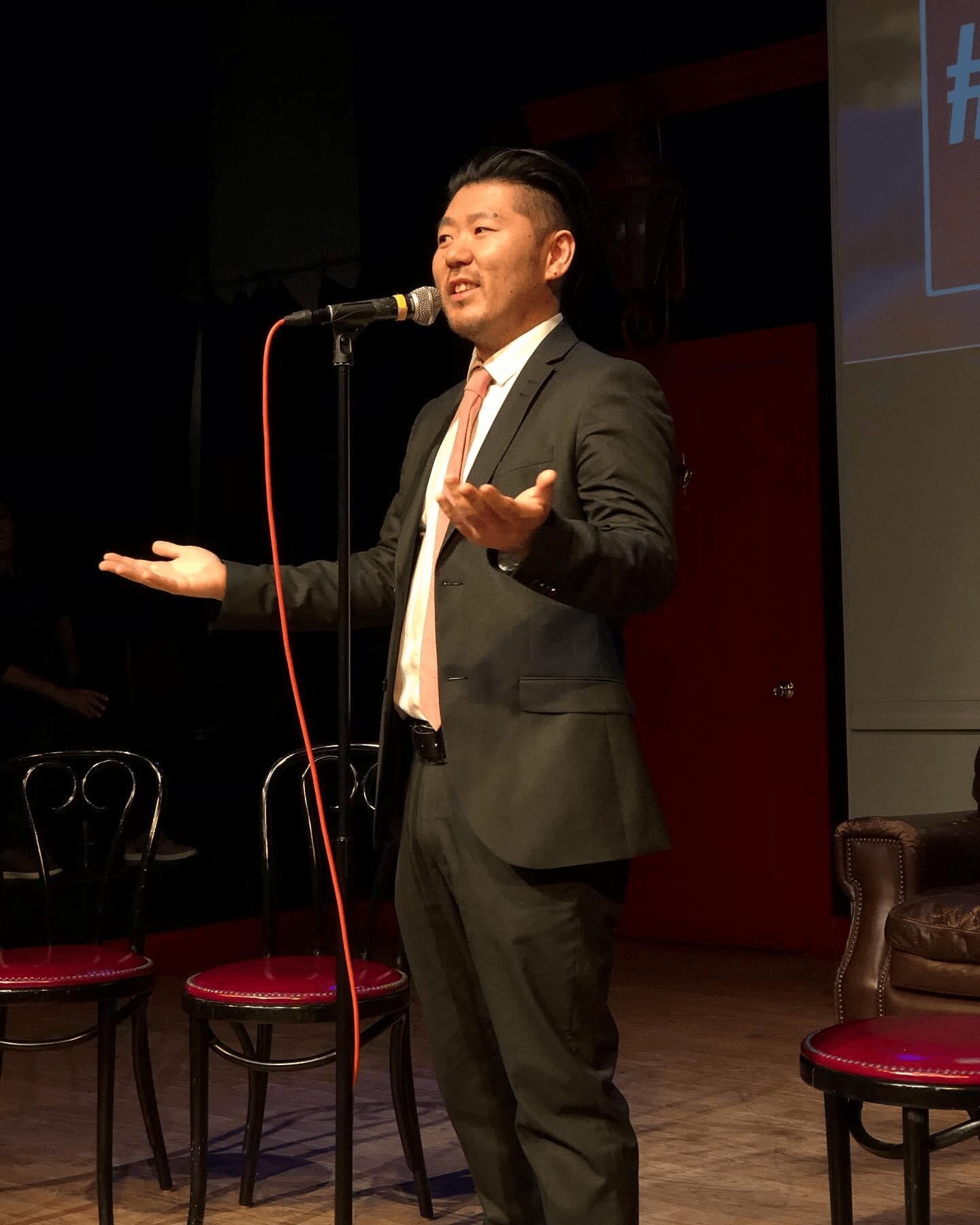
Image Credits
NA


